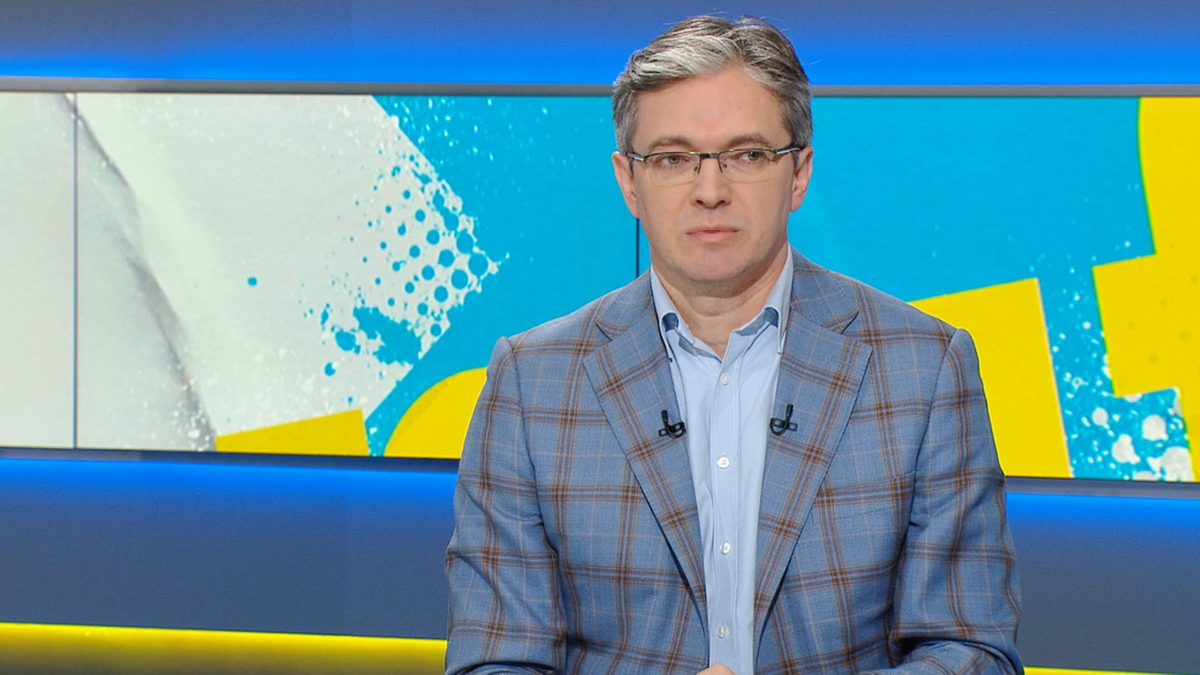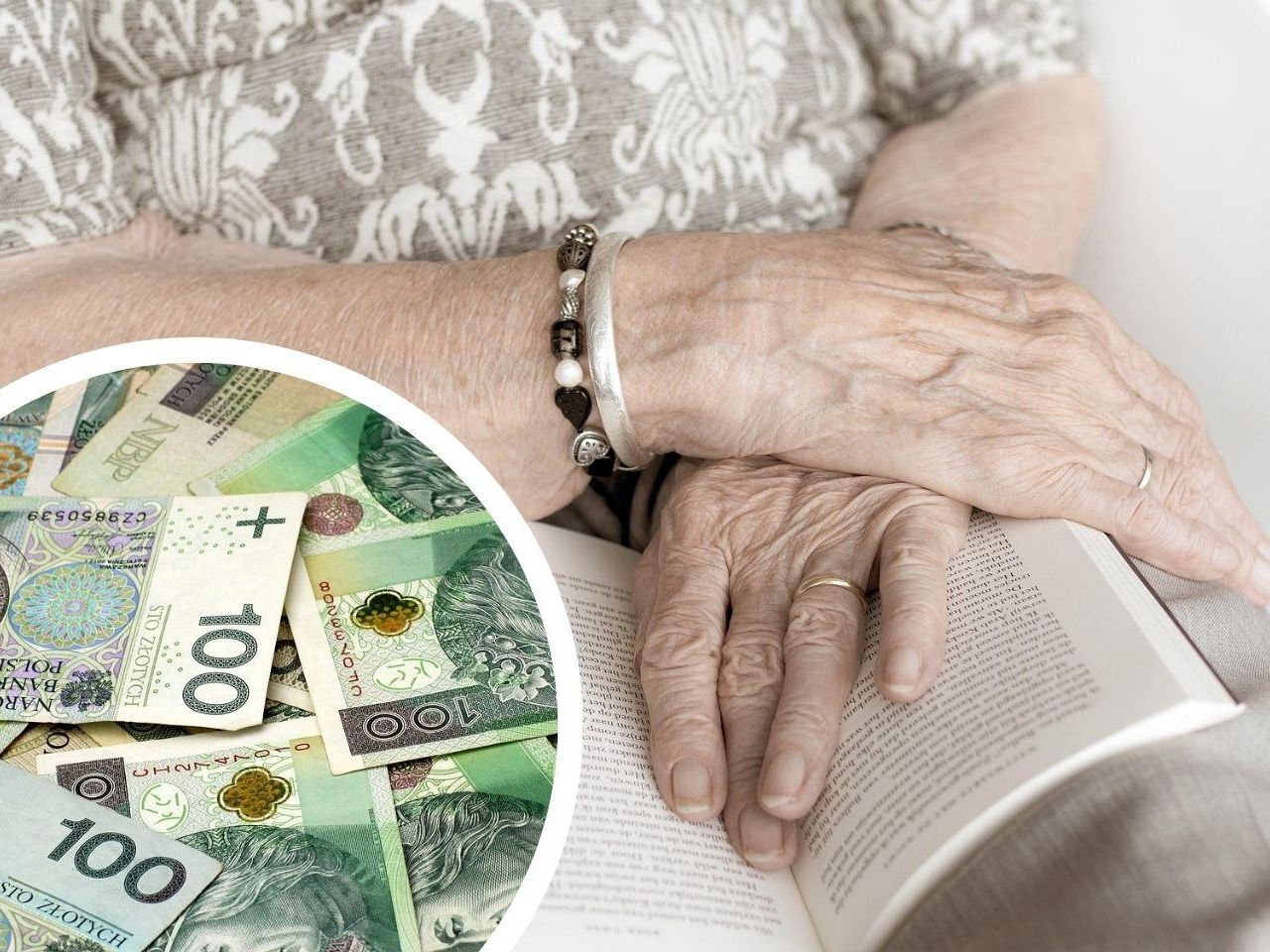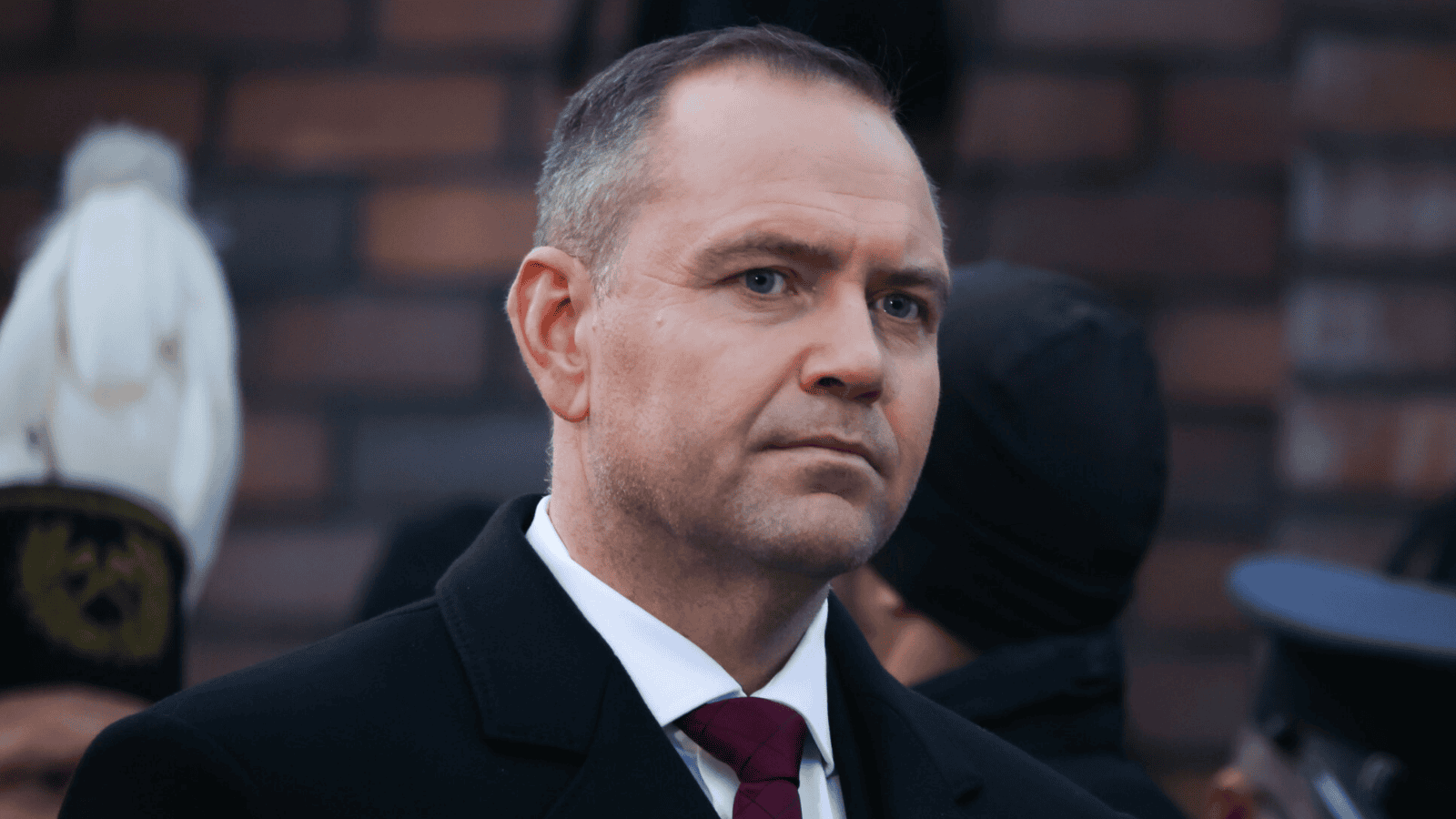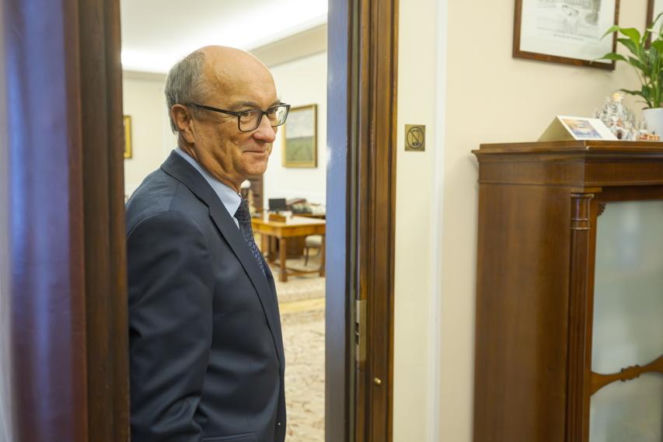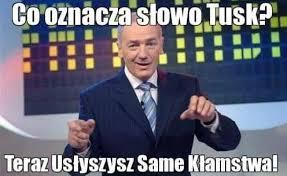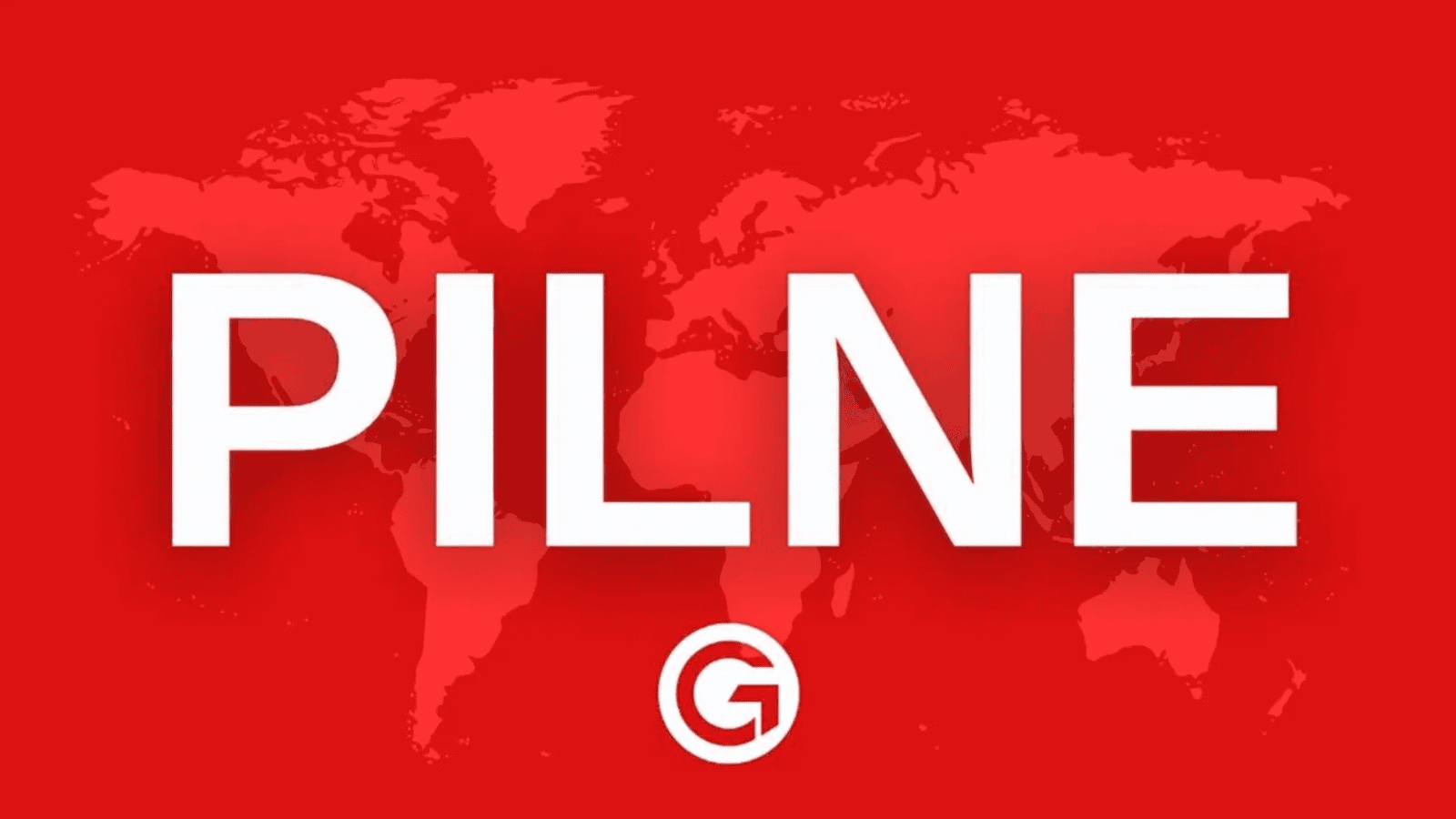The subject of war reparations from Germany, as we know, was formally completed. In 1993 Poland waived claims and Germany claims that they have no legal obligations to our country in this regard. This view is shared by most legal circles in Poland as well as in the West. We can only regret that this has happened. However, this was the consequence of the submission of Poland to the russian Union, which decided on many actions of our country. It can't be undone.

Andrzej Derlatka
creator of the Intelligence Agency and Polish Ambassador to Seoul
Despite this, president Nawrocki, at the ceremony on Westerplatte, powerfully demanded that Germany make amends. akin demands have besides appeared earlier, including in Wieluń, and in fresh years have been repeatedly raised by the Government of the United Right. They were not only an expression of the memory of the past, but besides an effort to force the German side to engage in dialog on this hard matter. However, Germany consistently avoided controversy – they were officially silent, and in the German press there were frequently unfavorable comments from Poland. Meanwhile, Germany should feel shame for those events.
Freedom of Poland and the challenges of the early 1990s.
Let me give you any reflections. For a year I worked in a German advanced mediate class environment as an global safety manager for Deutsche Telekom. I frequently held talks there on historical topics, including those concerning Polish-German relations. My interlocutors agreed: they felt that all the issues had already been yet settled, especially under the Unified Treaty. According to them, Poland no longer has any grounds for claims against Germany.
Of course, I couldn't full agree. The fact is that from the legal side Poland has actually been deprived of this possibility. However, it must be reasonably said that we are besides liable for this – due to the fact that from 1989 to 1990, erstwhile the government of the Prime Minister of Mazowiecki was established, these matters should be clearly and clearly publicised. Unfortunately, it didn't.
Poland was in an highly hard position in the early 1990s. We were only a state restoring its sovereignty, highly weak and at the same time active in the most crucial negotiations at the time. First they afraid the issues of our immense debt and later the German unification process and the 2+4 talks. These were key issues, so another issues, though thought of, remained as though blocked and could not be raised effectively at the time.
The first minister of abroad affairs of free Poland, prof. Krzysztof Skubiszewski, understood the situation perfectly. He stressed on respective occasions the request to build a Polish-German community of interests. He was well aware of past and law, knowing that Polish reparation claims were in practice deprived of real possibilities for legal investigation.
WHAT ABOUT REEPARATIONS?! Derlatka sharp about German reaction!
The memory of victims and historical justice
Of course, no form of compensation would be able to compensate for what Poland lost during planet War II – both in material and human terms. The tragedies, suffering and harm suffered by millions of citizens are irreversible. There remains the pain of families, many of whom inactive live witnesses and direct victims of war. In their case Germany should have found a fair way to regulate these cases.
Unfortunately, the German approach was highly unfair. While judaic victims received fair compensations, proposals directed towards Polish victims can be regarded as humiliating and insulting to national dignity. It was in this context that the actions of subsequent Polish governments – including the cabinet of Prime Minister Donald Tusk – aroused so many emotions.
Not long ago Prime Minister Tusk's government rejected German proposals for compensation. The problem is that the Germans did not present any new, better offer – they considered the case irrelevant. However, this is simply a serious mistake due to the fact that Poland and Germany, regardless of current policies and common sentiments, will always stay neighbours. It is besides increasingly clear that Germany is beginning to see the increasing function of Poland. They are amazed at the pace of our improvement and the fact that we have become a completely different country than their old ideas and stereotypes.
Change the image of Poland in Germany
It should be stressed that the image of Poland in Germany has been distorted and unfavourable for at least 2 centuries. This is mostly due to historical experiences – above all, to the fact that Poland was robbed by the partitioning countries. The latest historical investigation proves unequivocally that Prussia was the initiator of the first partition. For years, it was thought that the main perpetrator was Tsaric Catherine and Tsaric Russia. Meanwhile, the papers that have been revealed in fresh years clearly show that it was the Prussian king who pushed the thought of partitioning Poland and led to the teardrop of the Republic.
This was on the 1 hand a measurement of his political effectiveness and on the another hand a proof of the tremendous power of Prussian propaganda. Until the last days of the First Republic, many representatives of the Polish elite continued to think that Prussia would be an ally and a defender of Poland. In fact, they became the main architect of her fall.
In the following eras, the image of Poland in Germany was additionally burdened with economical realities. We were considered a mediocre country for a long time, and the mass trips of Poles “to the sax” only perpetuated this image. It is worth reminding that the most deprived regions, including the villages of Świętokrzyskie – from which my household besides came from my father and grandmother.
My grandmother, inactive in her childhood and youth, mentioned that full villages were leaving for the alleged saks to Germany. From mediocre towns, frequently without education and language skills, people went there to work on farms. This showed clearly the economical advantage of Germany – a rich and well-organised country – over mediocre and devastated Poland. In Germany, then, a sense of superiority towards Poles began to perpetuate, and the stereotype “Polnische Wirtschaft” (Polish economy) became profoundly rooted in the mentality there.
The function of Poland in Europe and German interests
Today the situation is completely different – Poland is 1 of the key economical partners of Germany. In Germany, however, there is inactive a certain reluctance to admit how much our country has developed. 1 must be aware that although we are an crucial partner for Germany, we inactive stay economically weaker – the difference in scale is huge. Germany is the world's 3rd economy with GDP of around $7 trillion a year, while Poland only late exceeded the 1 trillion limit. It shows how long the road is inactive ahead of us.
From the point of view of Germany, regulating relations with Poland and settling from the past is in their vital interest. Poland is simply a safety buffer for Germany. I remember talks from the 1990s erstwhile we met with German services as representatives of the State Protection Office. In 1994, Minister Schmidbauer, a close associate of Chancellor Kohl, clearly said: Poland's membership of NATO and the European Union is in the national interest of Germany. At the same time, he emphasized that this applies only to Poland, not to another countries in the East, specified as Belarus or Ukraine. This shows how the function of Poland was perceived at the time and how crucial our cooperation was.
Today there is besides area for negotiation with Germany. It is no longer about reparations in the amounts calculated by experts – we will not recover that. It is about the future, about creating a permanent Polish-German community of interests, which Prof. Skubiszewski erstwhile talked about. In the interest of Germany – a rich but in request of the stableness of the neighbour – there is simply a military strengthening of Poland and enhanced economical cooperation.
Is it going to be more costly in Poland? Is it 2025?
President Nawrocki has already raised these demands, pointing out that support from Germany, especially in the improvement of the Polish armed forces, would be beneficial for both nations. Germany has a powerful arms industry, but so far they have not been active in investments in Poland. Government meetings, including a fewer years ago, which ended with Chancellor Scholz leaving prematurely, showed that the subject remained unresolved. But it is worth returning to it.
One of the biggest problems seen present in Polish-German relations is the deficiency of investment in the Polish defence industry. The German Rheinmetall company is building ammunition factories in Lithuania, Ukraine, Hungary and has late opened another 1 in Bulgaria. No specified investment was created in Poland – despite the immense demand. Why? This question inactive remains unanswered, and it seems that in Poland no 1 takes this case seriously enough.

